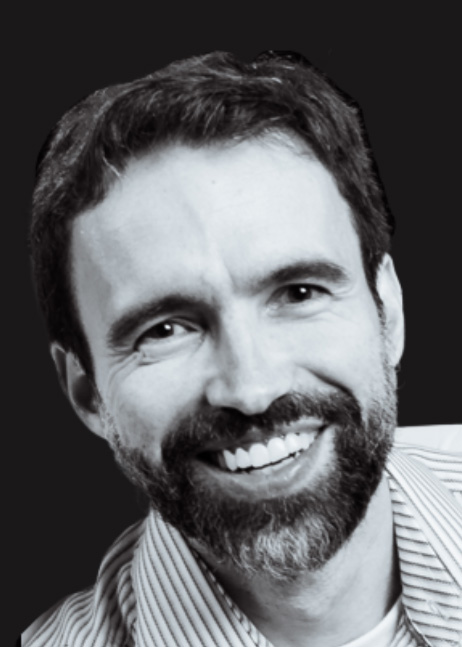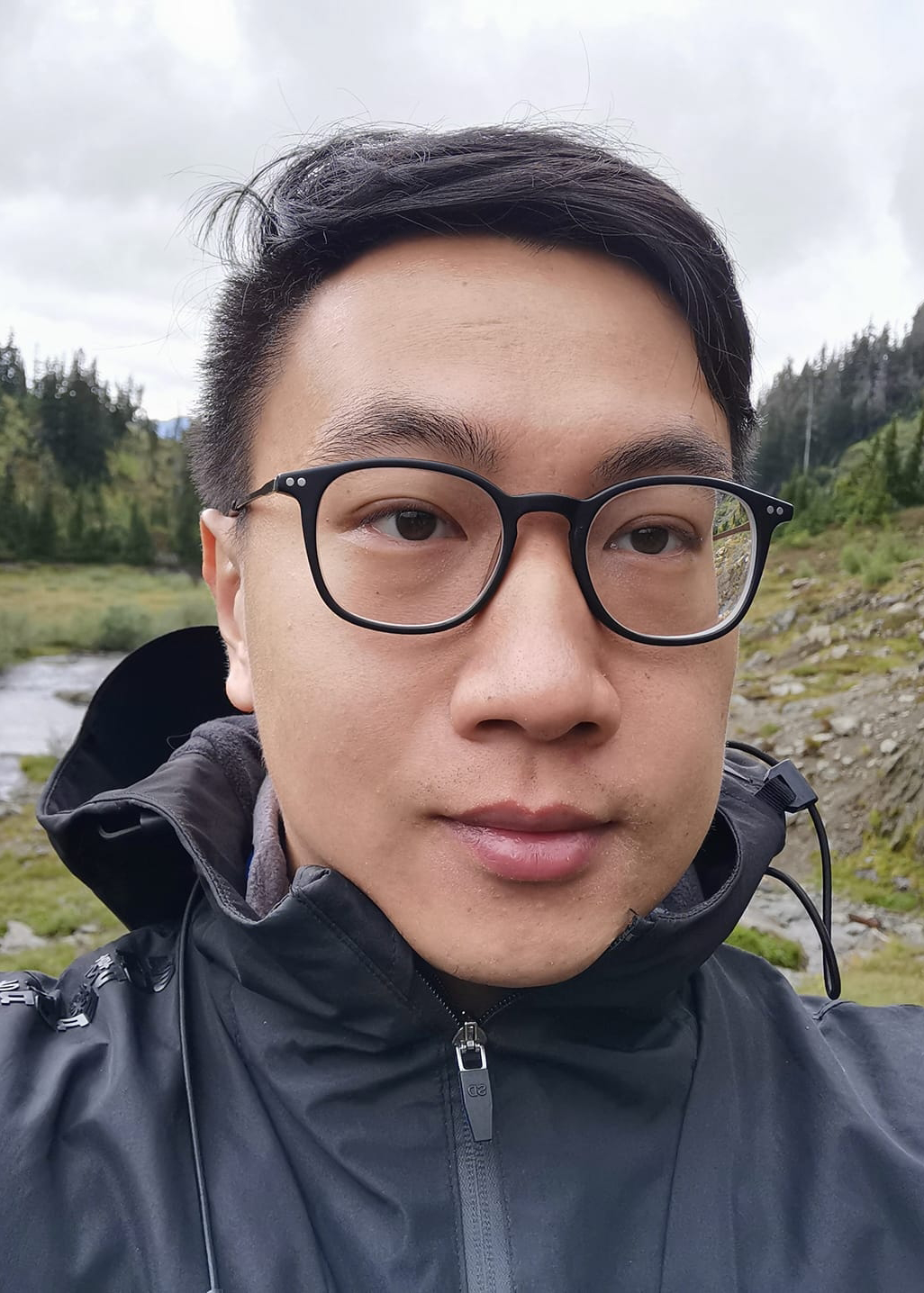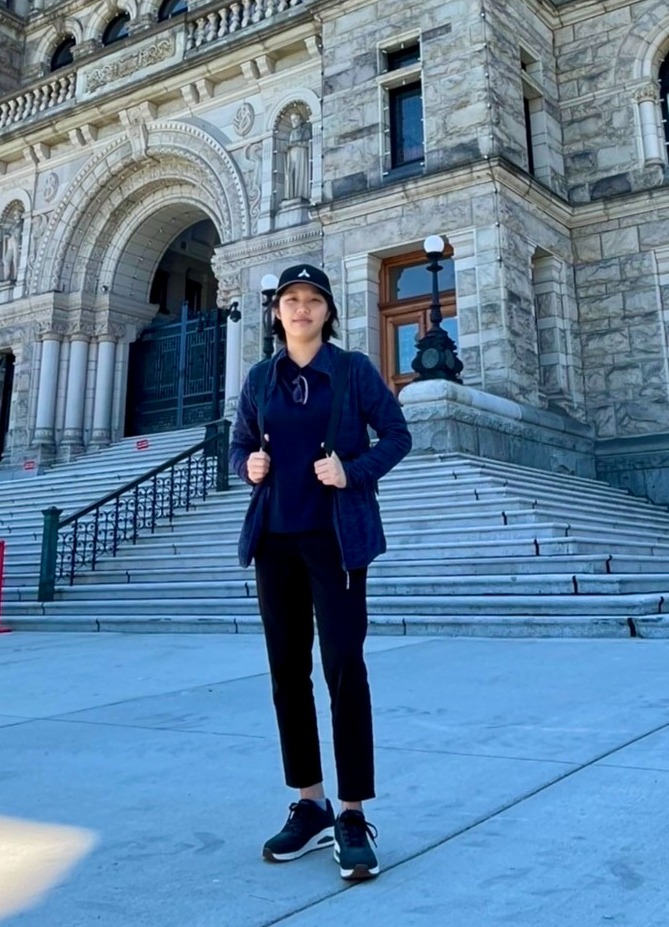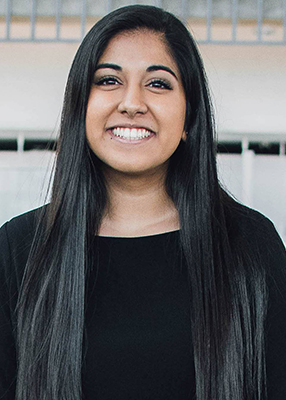Reda El Maazi
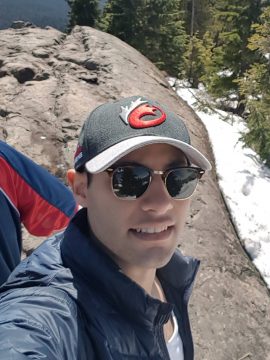
Why did you choose your program at UBC and what did you enjoy most about it?
UBC’s Faculty of Arts is a world-class faculty that significantly helped me improve my communication and critical thinking skills. Throughout my sociology major, I was able to understand significant social issues and communicate about them in a thoughtful manner. These issues include (but are not limited to) understanding the dynamics of employment discrimination, work-family intersections or immigrants’ experiences in the labour market. I really enjoyed listening to others’ viewpoint about these issues and sharing my views in class through my tutorials. These skills are very much transferrable into everyday business activities like priority meetings.
What were some of your most meaningful experiences at UBC?
I really enjoyed many experiences outside of the classroom: becoming involved in student life; networking with UBC alumni, faculty and staff members; as well as joining UBC career programs like the Arts Internship Program. These experiences allowed me to develop my professional and interpersonal skills.
What choices did you make at UBC that contributed to your career success / journey?
Joining student associations was a major milestone during my UBC journey. It led to two positive outcomes. Firstly, since I became involved outside of the classroom, I had to quickly learn to manage my time and energy (we oftentimes undermine the latter one). Secondly, it allowed me to improve my soft skills as I was working with students from various faculties and backgrounds.
From an academic perspective, I was enrolled in sociology classes that related to my interest in recruitment. For example, I was enrolled in a qualitative course that included a 60-minute interview assignment as an interviewer.
What was your first job after graduation and what other jobs did you have before your current position?
Shortly prior to my graduation, I received an offer from an IT recruiting agency. I started out as a sourcing specialist – finding and screening the best IT candidates for our open roles. After six months I was promoted to a full time IT recruiter. Becoming a recruiter adds significant layers of responsibility as I am responsible for my own book of business (we call it “BoB”).
During my degree at UBC, I completed two internships: one at the World Health Organization as a sourcing specialist and a second at Diabetes Canada (through the UBC Arts Internship Program). I also helped my friend building an Android app and was actively involved in UBC student life like the UBC Jump Start program or the UBC Chinese Students’ Club.
Is your current career path as you originally intended? What challenges did you face in launching your career?
I have a passion for IT and helping people so becoming an IT recruiter was the path I’ve built. My hands-on experience at the WHO was the reality check which confirmed my belief.
Coming back to UBC for my last academic year, the main challenge was to find my way into the job market. To do so, I connected with two experienced recruiters through mentorship programs and I continued in developing my professional skills through my internship at Diabetes Canada and through the UBC CSA.



What do you like about your current job and what do you find challenging? How does it relate to your degree?
I really enjoy creating and building relationships with candidates. Through our trustworthy relationship, we are able to offer value to each other. This includes sharing our network, market updates, job postings, etc.
Although there are common scenarios happening at the office, requests from candidates and/or clients can sometimes be unrealistic. Therefore strong communication (e.g. active listening) and negotiation skills are a must.
From your experience, what has been the value of having an Arts degree?
The diversity of the classes I’ve taken. I was able to study mostly sociology but I also enrolled in business, psychology, economics and even philosophy courses. This allowed me to gain significant soft (communication skills) and critical thinking skills. These are very valuable in the job market as the issues one faces in the business world are always evolving and we need leaders that can make the best decisions, oftentimes under time and budget constraints.
Are there any other achievements or activities you would like to highlight?
Being involved in a UBC-student led start up (uSearch) and ending 1st in a startup competition sparked my interest in business, IT and recruiting. This combination of professional interests will most likely drive me for the rest of my career.
What advice would you give to students and alumni interested in breaking into your industry?
Keep reaching out to alumni and recruiters. Inviting them for a quick cup of coffee or meeting can be a very helpful experience to understand the recruitment world. Having said that, this advice applies to many non-academic paths – if you want to learn something outside of the classroom, then you have to get your feet wet and surround yourself with knowledgeable individuals that will help you break into the industry you are looking for.
More specially, in HR, you could become a student member in professional organizations like CPHR BC and Yukon or join the UBC HR club. They often hold networking events where you can get your career questions answered by knowledgeable professionals.
What advice would you give to your first-year self?
Keep trying different professional activities, social clubs and events – there’s so much variety of things to do and people to meet on-campus that the options for professional growth are limitless at UBC.
Reda El Maazi



Why did you choose your program at UBC and what did you enjoy most about it?
UBC’s Faculty of Arts is a world-class faculty that significantly helped me improve my communication and critical thinking skills. Throughout my sociology major, I was able to understand significant social issues and communicate about them in a thoughtful manner. These issues include (but are not limited to) understanding the dynamics of employment discrimination, work-family intersections or immigrants’ experiences in the labour market. I really enjoyed listening to others’ viewpoint about these issues and sharing my views in class through my tutorials. These skills are very much transferrable into everyday business activities like priority meetings.
What were some of your most meaningful experiences at UBC?
I really enjoyed many experiences outside of the classroom: becoming involved in student life; networking with UBC alumni, faculty and staff members; as well as joining UBC career programs like the Arts Internship Program. These experiences allowed me to develop my professional and interpersonal skills.
What choices did you make at UBC that contributed to your career success / journey?
Joining student associations was a major milestone during my UBC journey. It led to two positive outcomes. Firstly, since I became involved outside of the classroom, I had to quickly learn to manage my time and energy (we oftentimes undermine the latter one). Secondly, it allowed me to improve my soft skills as I was working with students from various faculties and backgrounds.
From an academic perspective, I was enrolled in sociology classes that related to my interest in recruitment. For example, I was enrolled in a qualitative course that included a 60-minute interview assignment as an interviewer.
What was your first job after graduation and what other jobs did you have before your current position?
Shortly prior to my graduation, I received an offer from an IT recruiting agency. I started out as a sourcing specialist – finding and screening the best IT candidates for our open roles. After six months I was promoted to a full time IT recruiter. Becoming a recruiter adds significant layers of responsibility as I am responsible for my own book of business (we call it “BoB”).
During my degree at UBC, I completed two internships: one at the World Health Organization as a sourcing specialist and a second at Diabetes Canada (through the UBC Arts Internship Program). I also helped my friend building an Android app and was actively involved in UBC student life like the UBC Jump Start program or the UBC Chinese Students’ Club.
Is your current career path as you originally intended? What challenges did you face in launching your career?
I have a passion for IT and helping people so becoming an IT recruiter was the path I’ve built. My hands-on experience at the WHO was the reality check which confirmed my belief.
Coming back to UBC for my last academic year, the main challenge was to find my way into the job market. To do so, I connected with two experienced recruiters through mentorship programs and I continued in developing my professional skills through my internship at Diabetes Canada and through the UBC CSA.



What do you like about your current job and what do you find challenging? How does it relate to your degree?
I really enjoy creating and building relationships with candidates. Through our trustworthy relationship, we are able to offer value to each other. This includes sharing our network, market updates, job postings, etc.
Although there are common scenarios happening at the office, requests from candidates and/or clients can sometimes be unrealistic. Therefore strong communication (e.g. active listening) and negotiation skills are a must.
From your experience, what has been the value of having an Arts degree?
The diversity of the classes I’ve taken. I was able to study mostly sociology but I also enrolled in business, psychology, economics and even philosophy courses. This allowed me to gain significant soft (communication skills) and critical thinking skills. These are very valuable in the job market as the issues one faces in the business world are always evolving and we need leaders that can make the best decisions, oftentimes under time and budget constraints.
Are there any other achievements or activities you would like to highlight?
Being involved in a UBC-student led start up (uSearch) and ending 1st in a startup competition sparked my interest in business, IT and recruiting. This combination of professional interests will most likely drive me for the rest of my career.
What advice would you give to students and alumni interested in breaking into your industry?
Keep reaching out to alumni and recruiters. Inviting them for a quick cup of coffee or meeting can be a very helpful experience to understand the recruitment world. Having said that, this advice applies to many non-academic paths – if you want to learn something outside of the classroom, then you have to get your feet wet and surround yourself with knowledgeable individuals that will help you break into the industry you are looking for.
More specially, in HR, you could become a student member in professional organizations like CPHR BC and Yukon or join the UBC HR club. They often hold networking events where you can get your career questions answered by knowledgeable professionals.
What advice would you give to your first-year self?
Keep trying different professional activities, social clubs and events – there’s so much variety of things to do and people to meet on-campus that the options for professional growth are limitless at UBC.
